
D-Day
Lt. Jimmie Montieth, 1st Infantry Division, D-Day
Artwork: Keith RoccoLieutenant Jimmie Monteith, Company L, 16th Infantry Regiment, arrived off Omaha Beach with the first assault wave, on D-Day, June 6, 1944. Read more
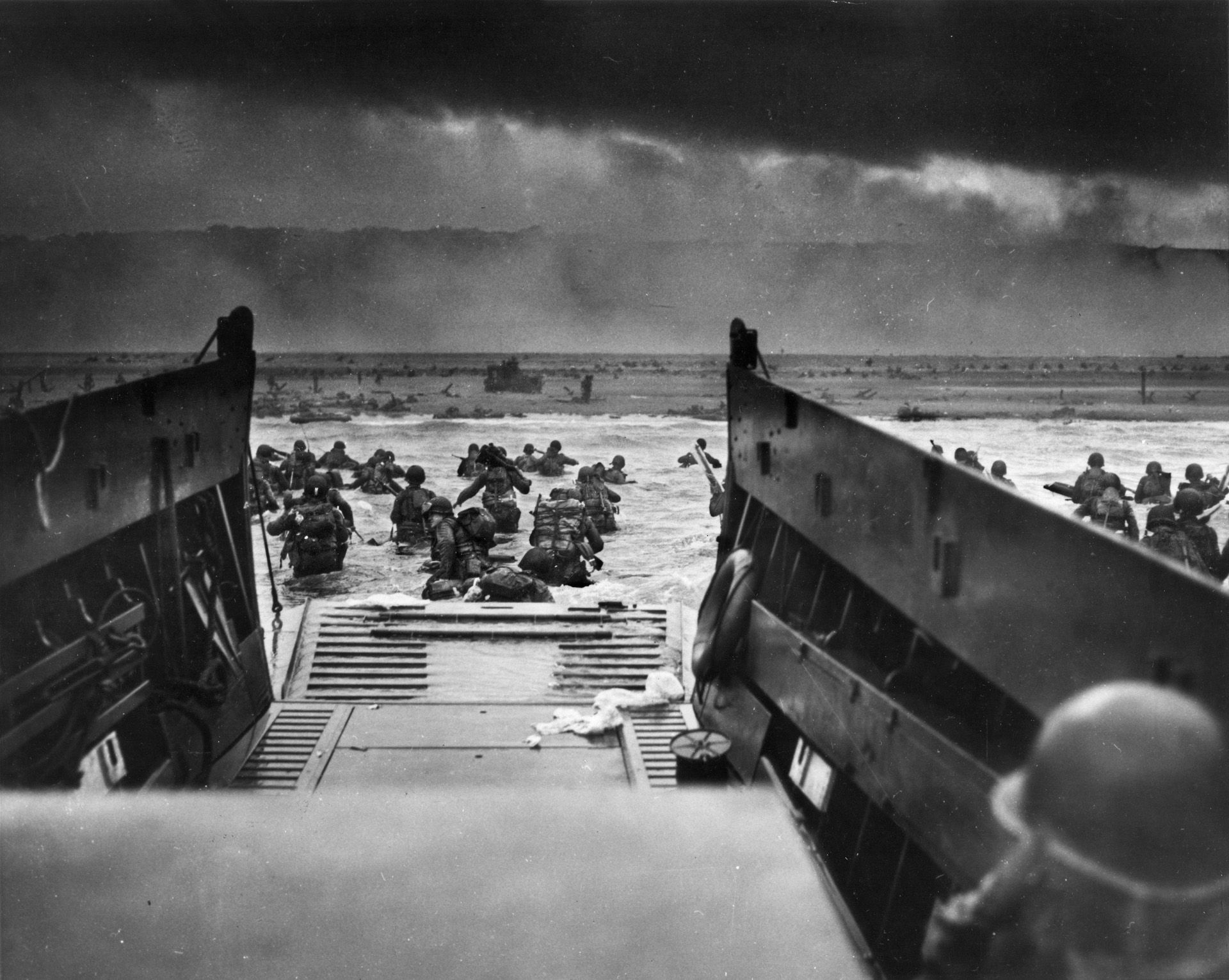
Code named Operation Overlord, the D-Day Invasion occurred on June 6, 1944, as elements of five Allied infantry and three Allied airborne divisions assaulted the Normandy coast of Nazi-occupied France during World War II. Under the overall command of General Dwight D. Eisenhower, the landings on Gold, Juno, Sword, Utah, and Omaha beaches succeeded in establishing a foothold on the continent. Following an arduous campaign in Normandy and savage fighting across the German frontier, troops of the Western Allies met the Soviet Red Army, advancing from the East, and Nazi Germany surrendered on May 7, 1945.

D-Day
Lieutenant Jimmie Monteith, Company L, 16th Infantry Regiment, arrived off Omaha Beach with the first assault wave, on D-Day, June 6, 1944. Read more
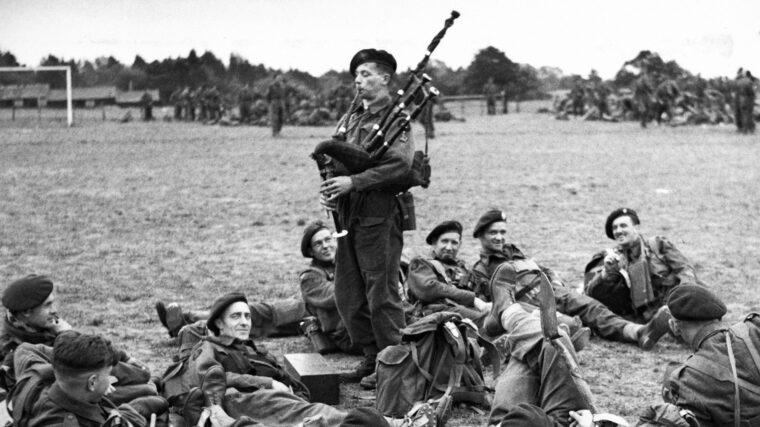
D-Day
It was the evening of Monday, June 5, 1944, and an armada of almost 5,000 ships stood off the southern coast of England, primed and ready for the greatest amphibious invasion in history. Read more
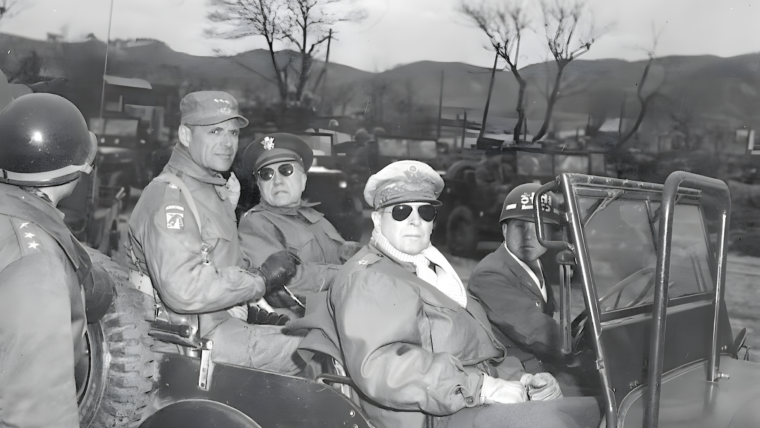
D-Day
Siren wailing, the jeep propelling Lt. Gen. Walton H. Walker headed north from Walker’s tactical command post in Seoul. Read more
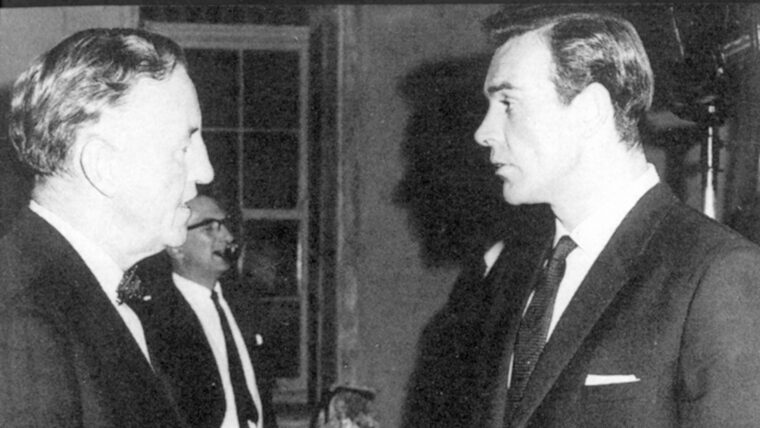
D-Day
Ian Fleming’s biography would certainly include creating the famous British spy James Bond, but the author also led a secret life of his own. Read more
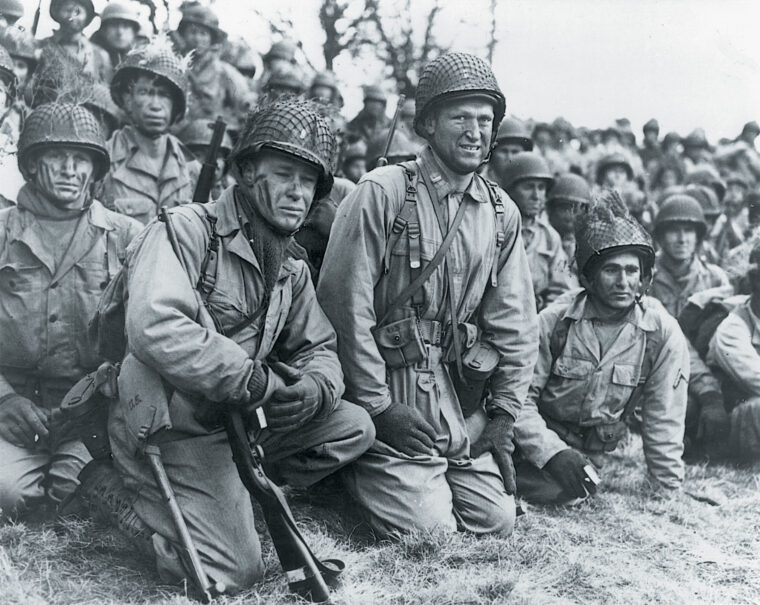
D-Day
During the early part of 1944, an event took place that would change the outcome of World War II. Read more
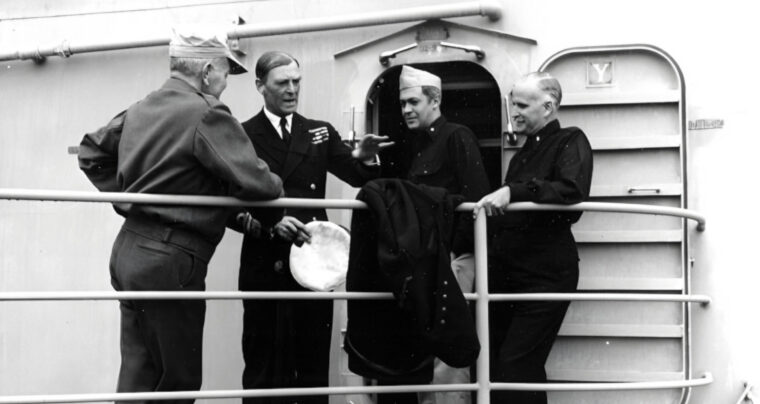
D-Day
By the time the British Pacific Fleet began staging air strikes against the Japanese in the spring of 1945, its aircraft carrier commander had already seen plenty of naval action since the beginning of World War II. Read more
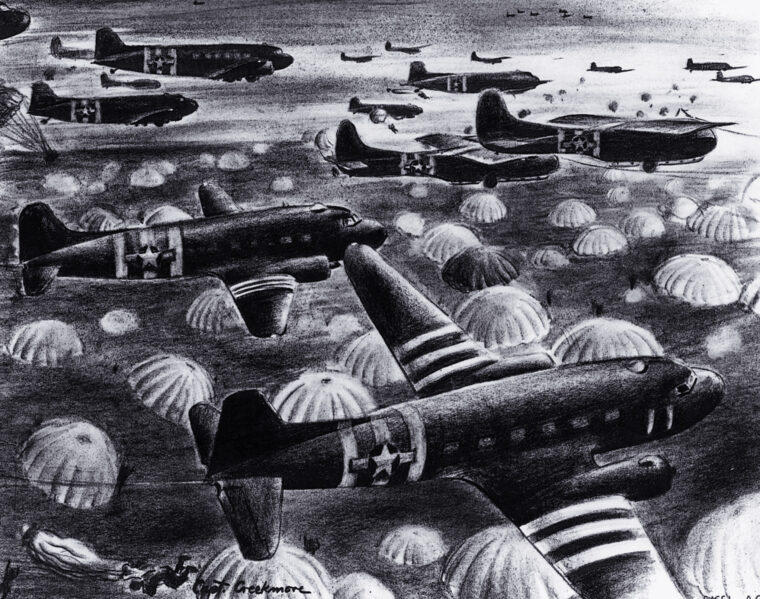
D-Day
As the 1930s unfolded, Adolf Hitler sought to avoid having Great Britain join the war he intended to launch. Read more
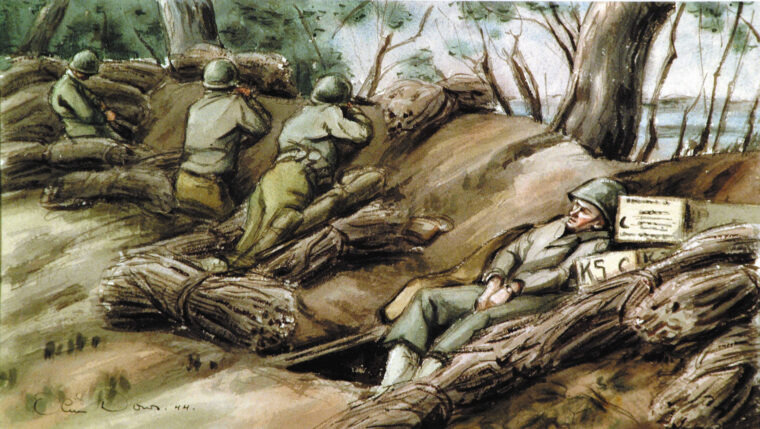
D-Day
In the late afternoon of July 18, 1944, in what was left of the main square of battle-scarred St. Read more
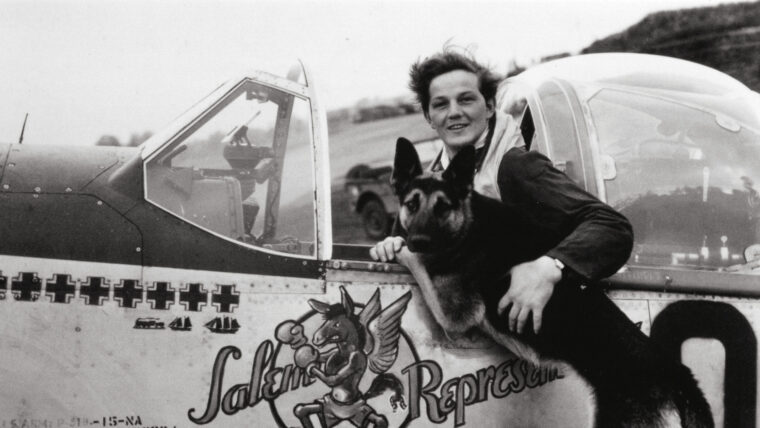
D-Day
He could be described as reckless, impulsive, undisciplined, lucky, fearless, and also as one of the most successful fighter pilots in the history of the U.S. Read more
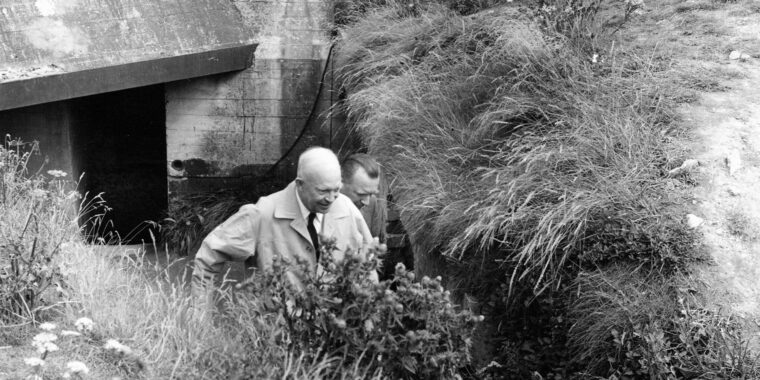
D-Day
Walter Cronkite is the acknowledged dean of American journalists, an icon whose distinguished career spanned 60 years. Cronkite is best known as the anchorman and managing editor of The CBS Evening News, a position he occupied from 1962 to 1981. Read more
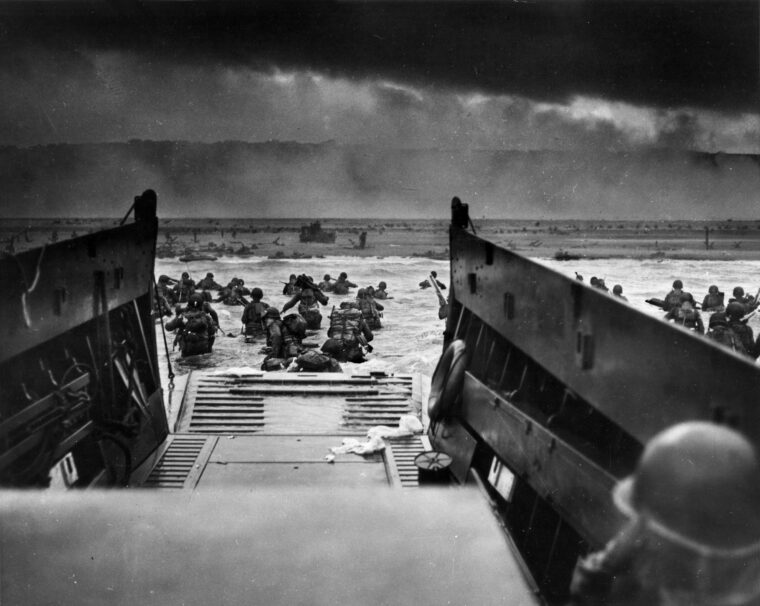
D-Day
Editor’s Note: The following is excerpted from Omaha Beach: D-Day June 6, 1944 by Joseph Balkoski (Stackpole Books, 2004; www.stackpolebooks.com). Read more
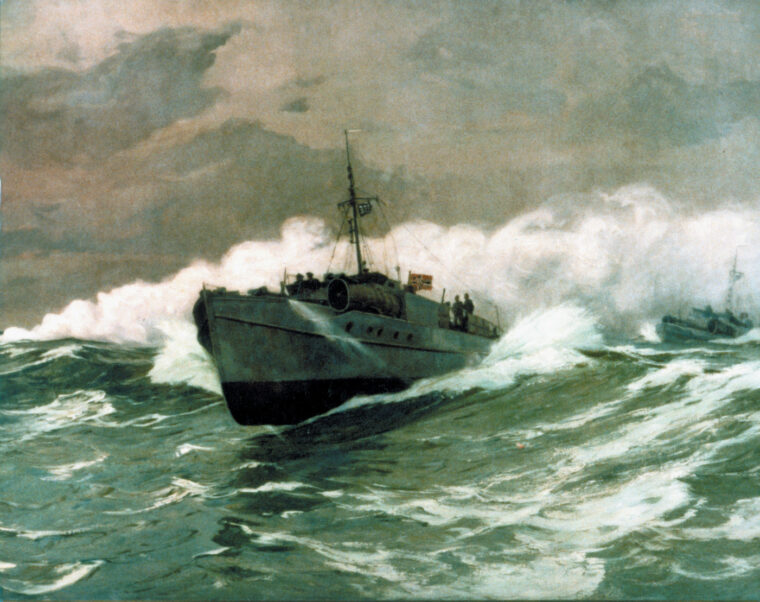
D-Day
In the early 1970s, a former British Royal Air Force policeman–turned-hairdresser, Ken Small, visited South Devon on England’s Channel coast. Read more
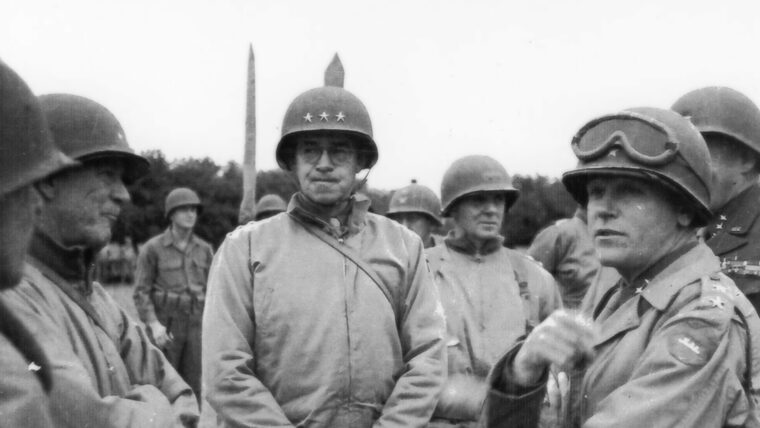
D-Day
General George S. Patton, Jr., once said, “An army is like a piece of cooked spaghetti. You can’t push it, you have to pull it after you.” Read more
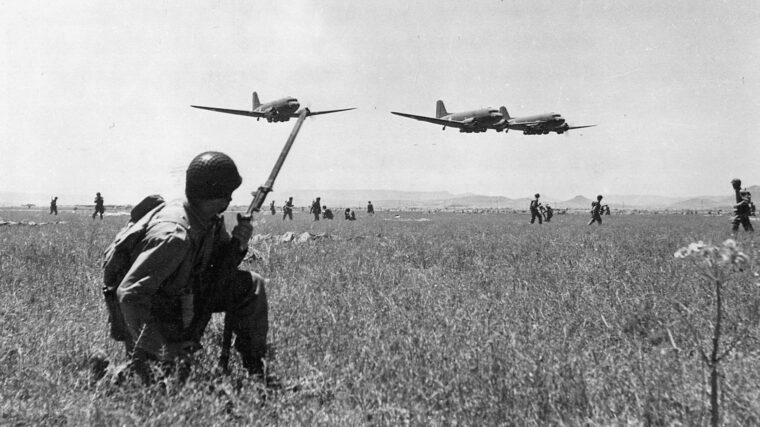
D-Day
Shortly after midnight on Monday, June 5, 1944, the dark skies over the coast of northern France were filled with thunder. Read more
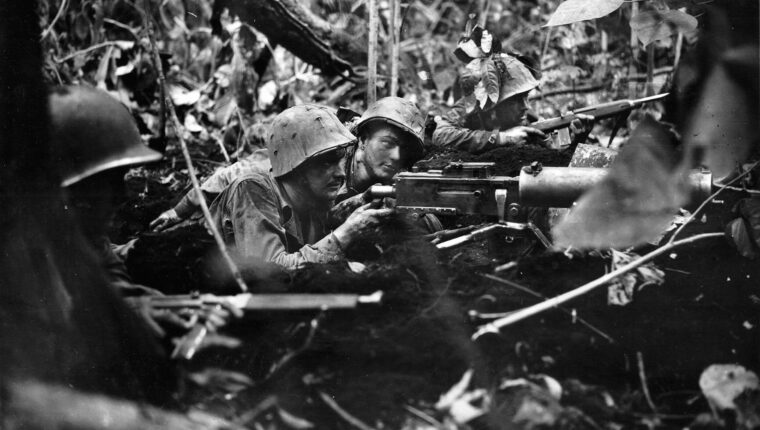
D-Day
On the island of New Britain, at the north end of the Solomon chain, lay a major base that provided Japanese forces with the naval power, supplies, and reinforcements to control the sea lanes of the Southwest Pacific. Read more
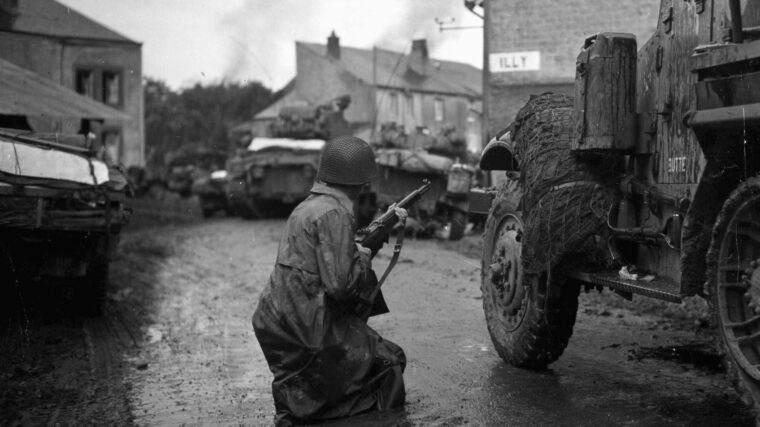
D-Day
“We’ve been slogging our way through hedgerow country, half an acre a day, and we’ve got to find a way to break out.” Read more

D-Day
On June 6, 1944, the Allies unleashed on land, air, and sea the largest invasion force in world history in an enormous effort to liberate Europe from Nazi tyranny. Read more
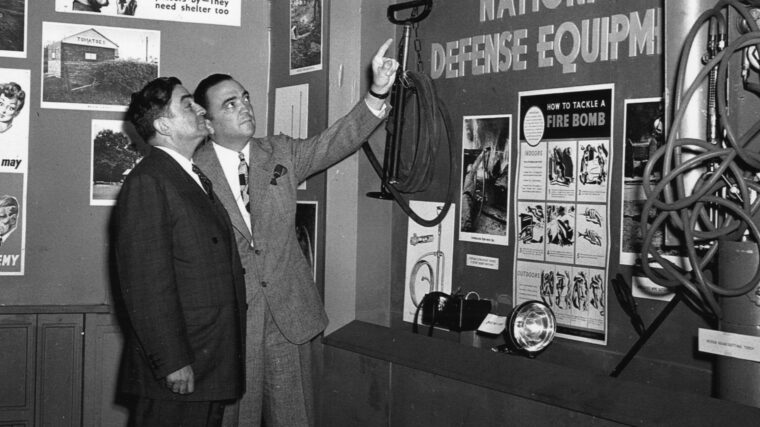
D-Day
Throughout his lifetime, FBI Director J. Edgar Hoover always boasted that no enemy agent, either spy or saboteur, ever operated at large in the United States during World War II. Read more
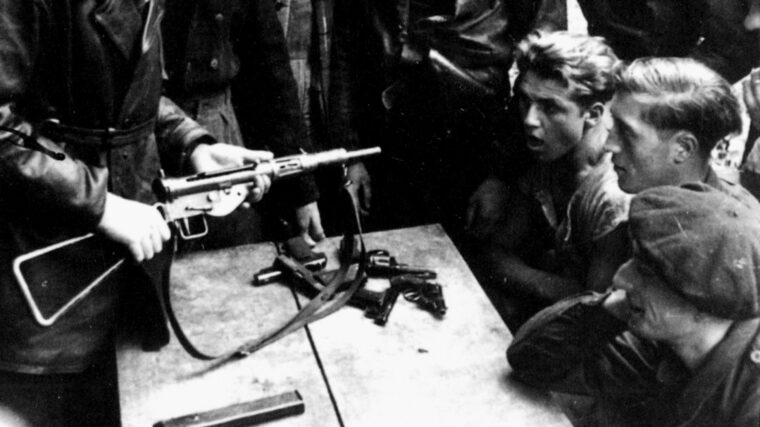
D-Day
On June 6, 1944, hundreds of thousands of Allied troops, planes, and ships departed from their bases in England bound for the shores of France in what was to be the greatest invasion of all time. Read more
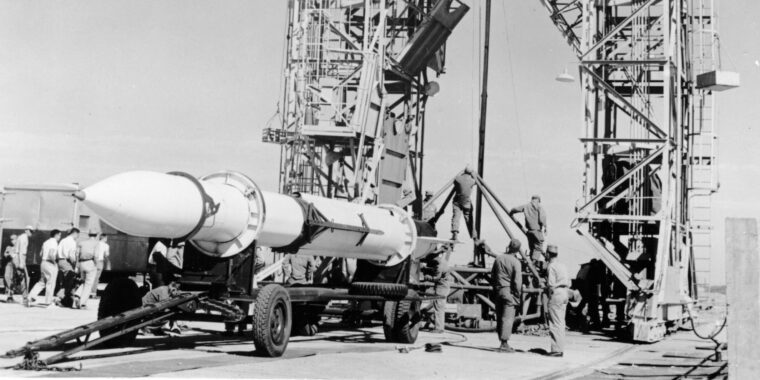
D-Day
Six days after the Allies’ D-Day landings on the coast of Normandy in June 1944, Germany retaliated by launching its first Vergeltungswaffe, or Vengeance Weapon, at the city of London. Read more